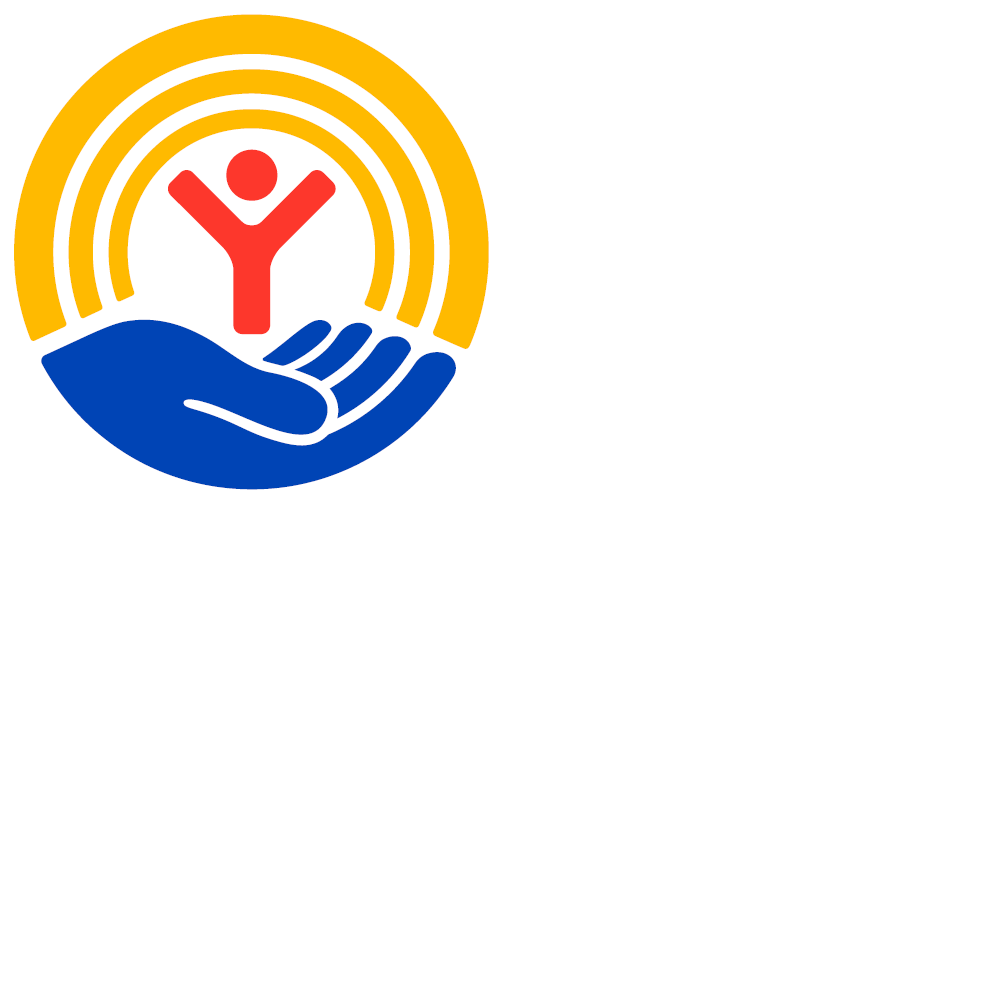Hit hard by COVID pandemic, Spartanburg County nonprofits say they need $5 million now
May 27, 2021
Find the original post here.
SPARTANBURG, S.C. (Herald-Journal) -- Federal rescue funds that kept many Spartanburg area nonprofits afloat last year have nearly run out, and another $5 million is needed now, backers of a COVID-19 impact survey say.
Paige Stephenson, president and CEO of the United Way of the Piedmont, recently announced the findings of a March survey conducted by Together SC, which represents more than 800 organizations statewide.
Stephenson said she's hoping that some of the $78.4 million the city and county received from the American Rescue Plan approved by Congress can be directed to nonprofits.
Not just nonprofits: Spartanburg's arts sector suffers $2M hit during pandemic, mental health service needs rise
Stephenson warned city and county leaders that without $5 million in new funds, 2% of the nonprofits already out of cash may have to close, 19% will run out of cash in one to three months, and 35% will run out within four to six months.
Stephenson said survey respondents remained anonymous, thus the identities of those in financial trouble are not known.
"You can't 'Bring Back the Burg' without bringing back your nonprofits," Stephenson said. "Nonprofits are small businesses for the most part. Just like any business on Main Street, there needs to be support of the nonprofit sector."
Mary Leven, executive director of the Spartanburg Science Center, works at the center at the Chapman Cultural Center in Spartanburg, Tuesday morning, May 25, 2021. Many nonprofits are running out of money to operate because of funding cuts and donations being down.
The United Way and the Spartanburg County Foundation, Spartanburg Regional Foundation and Mary Black Foundation underwrote the March survey. Statewide, 927 out of 3,700 nonprofits participated, and in Spartanburg County, 51 responded.
Silver lining: The Spartanburg picture is improving
There is a silver lining, Stephenson said. The overall picture in Spartanburg has improved since last fall when 15% of 35 Together SC survey respondents said they were out of cash and 61% said they could only survive another six months without further funding.
"Considering the extreme economic disruption caused by the pandemic, the Spartanburg nonprofit organizations responding in 2021 are in reasonably good financial health," according to survey authors Bob Kahle from Kahle Strategic Insights and Madeleine McGee of Together SC.
Both the city and county councils are developing their 2021-22 budgets right now, and officials are combing through a 150-page U.S. Treasury Department document to see how the most recent federal windfall can be used.
Spartanburg County, city of Spartanburg have $78.4 million combined in federal COVID relief funds
Spartanburg County has received $62 million and the city of Spartanburg $16.4 million in federal COVID relief funds.
Both governments must demonstrate by August how funds will be used.
County Administrator Cole Alverson said in general, the funds can be used for infrastructure projects, expenses related to the public health emergency and costs related to the financial impact on COVID-19 on small businesses and residents.
"ARP funds are intended broadly to support recovery from COVID and its effects," Alverson said. "Based on our early understanding of the guidelines, if nonprofits are supporting recovery from COVID and there are direct costs attributable to this that have not otherwise been reimbursed from other sources, they would likely be eligible, given our current understanding.
"The bigger question would be whether a reduction in revenue, reduced private support for nonprofits would be reimbursed. Given the early stages of this process and depth of federal regulations on the ARP funds, I do not think I could confidently answer that question yet."
Most nonprofits are small
The March survey said more than half of Spartanburg's respondents are operating with annual budgets of less than $500,000 and have staffs of five or fewer full-time employees.
Those most at risk are nonprofits that provide food, utility and child care costs; education, mental health needs and rental assistance. In addition, the Chapman Cultural Center needs an estimated $2 million more in funds to continue its programs without interruption, she said.
"If we're not providing those services, government is who's going to be stepping in, and it's usually at a much higher social cost and financial cost," she said.
Kathryn Harvey of Neue South Collective, a Spartanburg-based marketing firm that worked with Together SC, said many companies were forced to cut costs during the pandemic, and many people were laid off.
"Corporate dollars and individual giving have waned, and many grants have restricted funding -- they aren't covering the areas in need," she said. "Poverty has shifted during the pandemic. (Nonprofits) are now seeing middle-class folks."
"Overall, we're seeing that organizations need a significant cash injection just to make it to the end of June," Harvey said. "And while federal funding has helped bridge a gap, it's already running out."
COVID impact survey findings
Among the survey's findings for Spartanburg nonprofits:
► Mental health services saw the greatest increase in demand among 44% of respondents, compared to 21% statewide. Other areas in the state reported food and shelter assistance needs increased the most.
► 62% said they intentionally serve communities of Black, indigenous and people of color. That compares to 59% statewide.
► 89% that applied received federal Paycheck Protection Program funds, and 74% received CARES Act funds.
"This governmental support is likely a reason for the relative financial health of nonprofits in Spartanburg," the survey states.
► 36% said the fund application process was too complicated.
► 75% said they witnessed a silver lining, or positive impact, from managing through the pandemic. That is an increase from 68% from the fall survey.
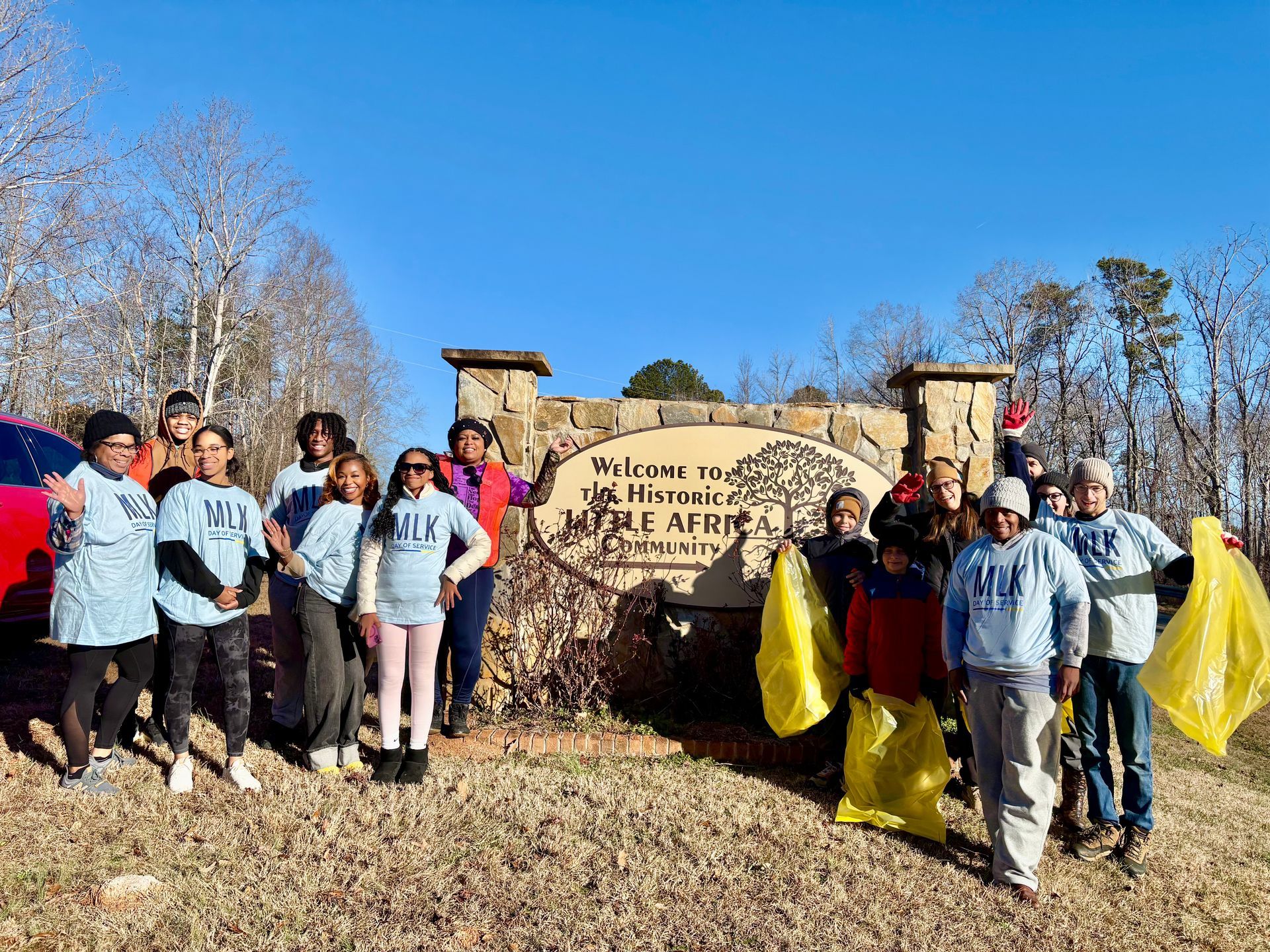
On January 19, over 400 volunteers across Spartanburg County came together for United Way of the Piedmont’s annual MLK Day of Service, collectively contributing 933 hours of service. Hosting this event for over a decade, United Way of the Piedmont has been able to provide support to over 16 non-profit and community partners. Hands-on projects ranging from trail cleanups to period kit packing provided volunteers with the opportunity to come together and support the organizations strengthening our community. Amanda Richardson, Vice President of Brand Experience at United Way of the Piedmont, volunteered alongside her children to create artwork for women and children preparing to move into Bridgeway Village. Reflecting on the importance of serving on MLK Day, Richardson shared, “Giving back—especially on MLK Day—matters deeply to me. It’s a powerful opportunity to show my children that showing up for our neighbors can take many different forms.” United Way of the Piedmont extends a heartfelt thank you to the incredible volunteers who showed up, served, and made an impact this MLK Day. Your dedication and compassion showed our community that United Is the Way. We can’t wait to come together again for next year’s Day of Service on Monday, January 18, 2027.
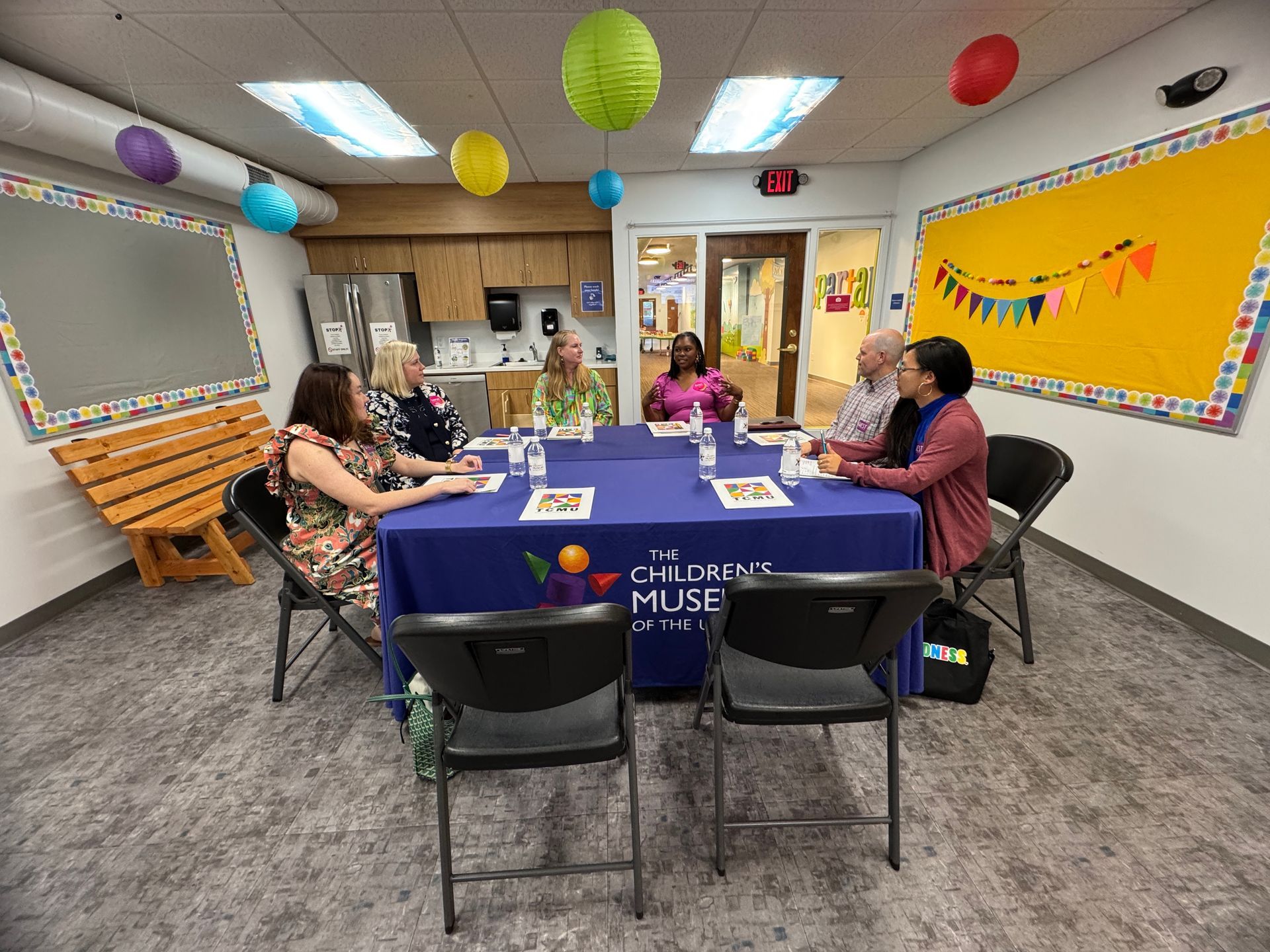
United Way of the Piedmont Announces $1.14 Million Annual Investment in Local Programs for 2026–2028
Spartanburg, S.C. (January 13, 2026) –United Way of the Piedmont (UWP) is proud to announce an annual investment of $1,140,000 in 47 nonprofit organizations across Cherokee, Spartanburg, and Union Counties for the 2026–2028 funding cycle. These investments mark another step forward in advancing UWP’s long-term Community Impact Agenda and commitment to addressing the root causes of local challenges through strategic, results-driven funding. For the upcoming cycle, UWP will make the following annual investments in the region: $111,842 in 16 programs in Cherokee County $922,070 in 37 programs in Spartanburg County $106,088 in 16 programs in Union County This investment follows a highly competitive community review process. 85 agencies submitted 138 Letters of Intent, requesting nearly $4.85 million in annual funding. To guide investment decisions, UWP convened one Community Investment Review Committee, representing the entire tri-county area. This group applied a structured assessment process to evaluate program effectiveness, fiscal soundness, and alignment with UWP’s strategic framework. “Our investment process is an intentional, data-driven effort that takes about a year to complete,” said Sarah Daniel, Senior Director of Partnerships & Investments. “We don’t just fund programs—we invest in impact. Every dollar is directed where it can create the most measurable change for our community.” The review process began in early 2025 with information sessions and letters of intent, followed by full applications, site visits, and extensive Q&A sessions before final funding decisions in December. New funding will begin in January 2026. As outlined in its Community Impact Agenda, UWP focuses on investing deep rather than wide—prioritizing proven programs with clear outcomes over spreading limited resources thinly across numerous initiatives. This approach ensures that each investment drives transformative change for the region’s most pressing needs. UWP upholds a commitment to county-level equity, measurable outcomes, fiscal stewardship, and sustainability. In addition to the core investment cycle, UWP continues to lead and support collaborative initiatives aligned with its impact goals, including: A Place to Call Home (Spartanburg County) Spartanburg Long Term Recovery Group Movement 2030 Union Uplifted Collective Community-Wide Mental & Behavioral Health Plan for Spartanburg County Live Healthy Spartanburg Strategic Spartanburg, Inc. Spartanburg Shared Futures Collaborative United for ALICE Through these strategic investments and partnerships, United Way of the Piedmont continues to strengthen the community and drive sustainable impact across the region. View a full list of 2026-2028 Community Investment funded programs here.
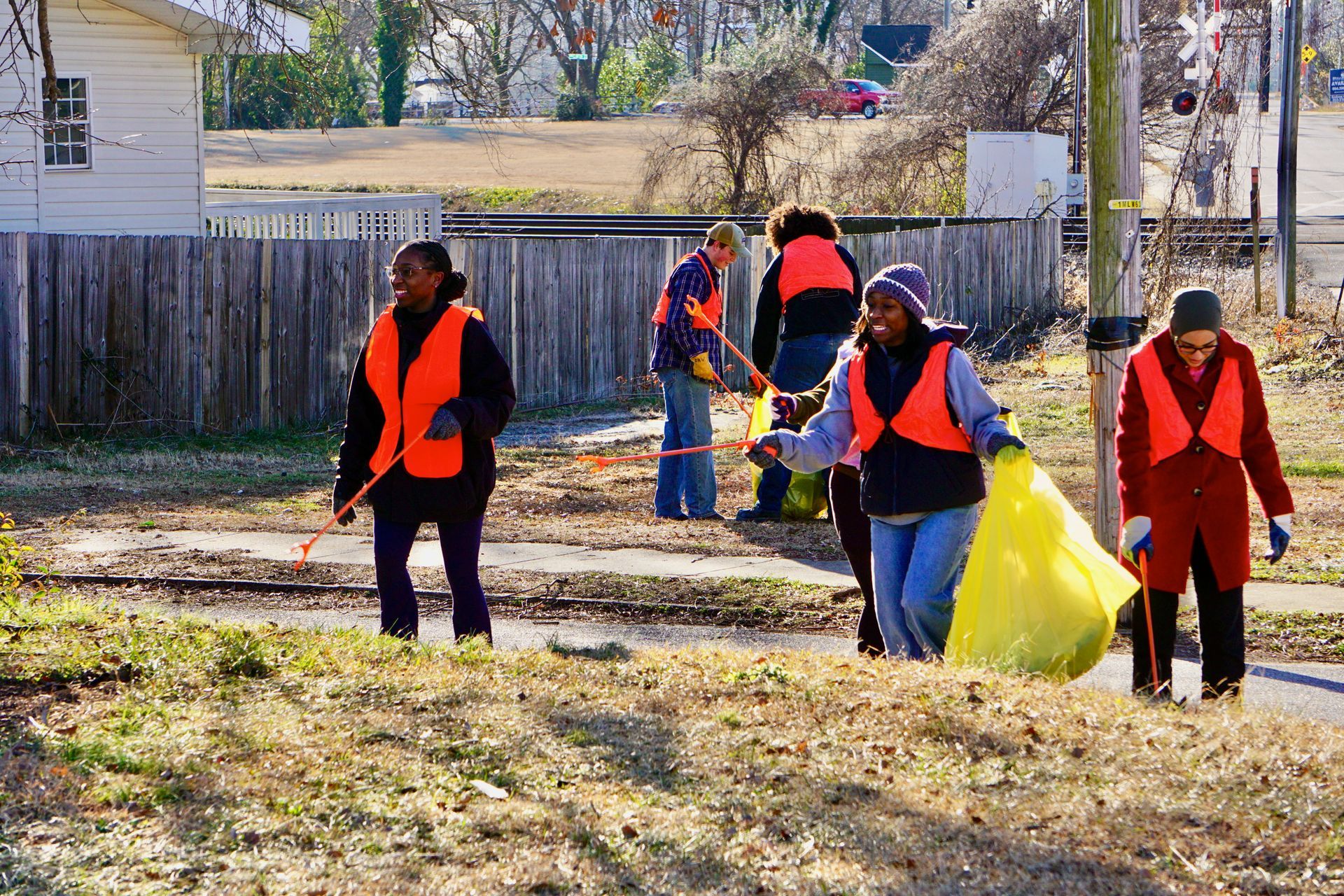
Spartanburg, S.C. (January 1, 2026) –Following a powerful showing of community service last year, United Way of the Piedmont is once again calling on residents across Cherokee, Spartanburg, and Union counties to come together for its annual MLK Day of Service on Monday, January 19, 2026. Part of the nationwide initiative to honor Dr. Martin Luther King Jr. ‘s legacy of giving back, MLK Day of Service has been led locally by United Way of the Piedmont for more than a decade, connecting volunteers with meaningful projects that strengthen nonprofit partners and neighborhoods. “Dr. King believed deeply in collective action and shared responsibility,” said Marissa Human, Director of Events & Projects. “This day is about honoring his legacy by showing up for our neighbors and turning service into impact.” This year’s event will again honor Dr. Martin Luther King Jr.’s vision by showing that United is the Way to make a difference. In 2025, more than 450 volunteers united to serve their community by cleaning trails, building playgrounds, packing period kits, and supporting nonprofits with other hands-on projects. United Way of the Piedmont expects hundreds of volunteers to once again answer the call to serve in 2026. “When our community comes together like this, the impact reaches far beyond a single day,” said Sarah Daniel, Senior Director of Partnerships and Investments. “It strengthens nonprofits, supports families, and reminds us that change happens when we choose to serve—together.” Volunteer registration is now open, and individuals, families, student groups, faith-based organizations, and corporate teams are encouraged to participate. For more information or to sign up to volunteer, visit uwpiedmont.org/mlkday . Our 2026 MLK Day of Service is generously sponsored by AFL.
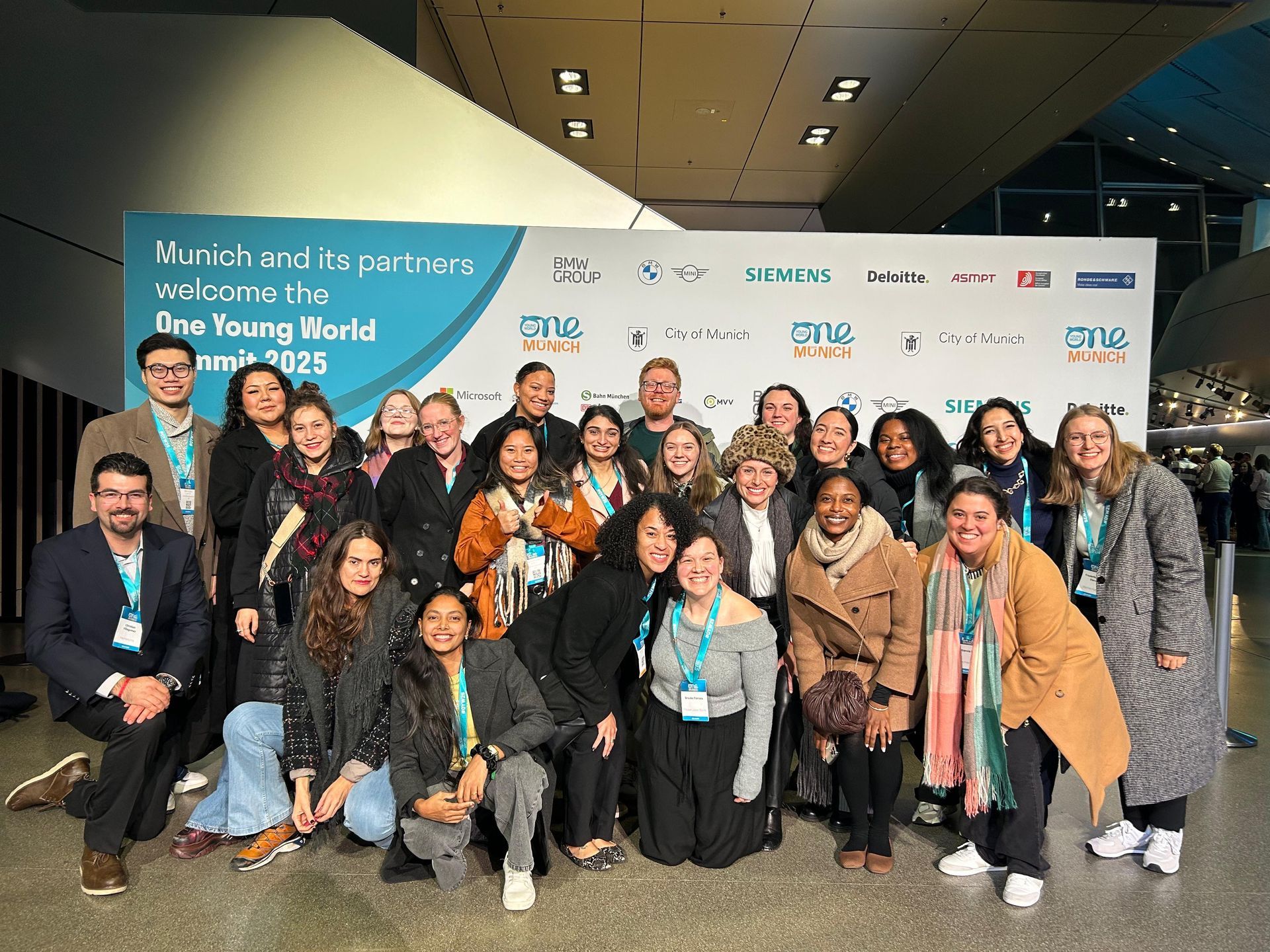
In early November, I had the incredible opportunity to join 2,200 delegates representing 190 countries at the One Young World Summit in Munich, Germany. The annual One Young World Summit brings together young leaders from every country and sector, working to accelerate social impact. Over four transformative days, we participated in speeches, panels, networking sessions, mentorships, and workshops designed to equip us with tools and connections to drive meaningful change. I attended the Summit as part of a 20-delegate United Way cohort led by United Way Worldwide President & CEO Angela F. Williams. While we learned from speakers and peers across the globe, we also connected deeply with each other as young local United Way leaders, strengthening our network and shared mission. A Vision of Hope and Innovation The Summit filled me with hope for the social impact sector and our world. Being surrounded by passionate young leaders and experienced changemakers—all focused on making our communities stronger for everyone—was truly inspiring. We heard from community and global experts on challenges and solutions spanning education, climate, technology, and more. I was struck by the innovative approaches to tackling complex issues around the world and by how deeply intertwined our experiences are, regardless of where we come from. Whether a global CEO or young entrepreneur, everyone who attended shared a common desire: to enact positive change and work toward lasting stability and peace throughout the world. As Angela Williams powerfully stated in her keynote address, "Peace begins and is carried through in human hearts–in the choices that each of us make–when we connect with each other." Carrying the Experience Forward The One Young World Summit has shaped me into a more understanding, connected person and professional. I am deeply grateful to have been part of this experience and will carry the lessons I learned forward into the work I do every day for our community. As I wrap up my time as a Summit Delegate, I am proud to join 18,000+ other leaders as a One Young World Ambassador in our continued efforts to build a better future for our world. Abby Good is United Way of the Piedmont's Director of Communications.
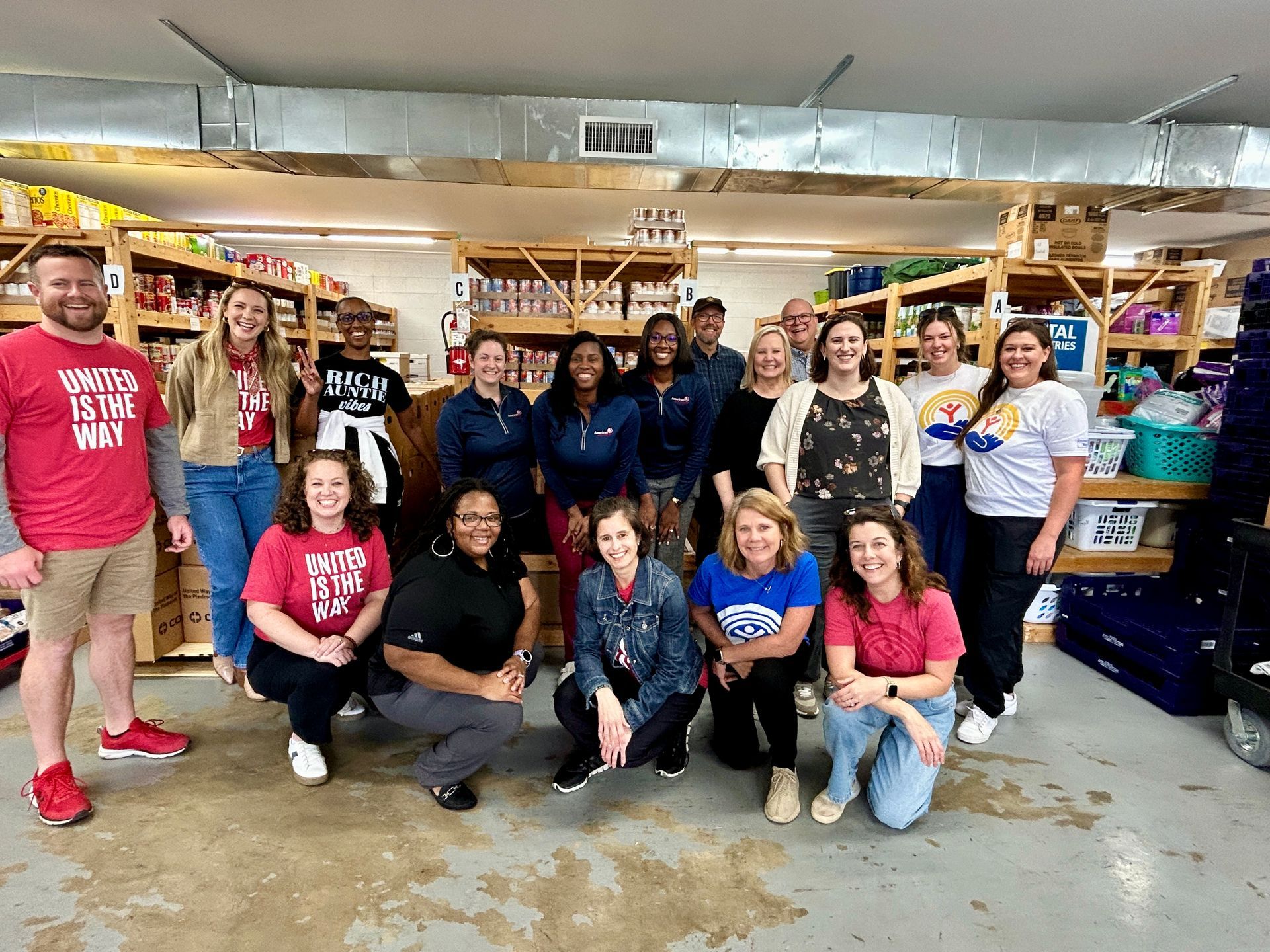
This fall, our community showed what it really means to show up for one another. With the recent disruption in SNAP benefits, more families than ever have been turning to local food pantries for help. It’s been a stressful time for many of our neighbors, and together, United Way of the Piedmont and our partners stepped in to make sure no one feels alone. Our Fall Food Drive is always a big effort, but this year it took on new meaning. People and companies from across our region came together: donating online, packing boxes in person, and rallying coworkers and friends. Through the Roonga virtual donation platform and in-person collections, donors gave over $56,000 in food, which funded over 1,200 complete food boxes to our neighbors in Cherokee, Spartanburg, and Union counties. All donations went straight to our community partners like The Bridge at Green Street, TOTAL Ministries, and Iron City Ministries to provide immediate support. When families are trying to stretch every dollar, a full box of food can make a huge difference. And this year, those 1,200+ boxes will help carry families through the months ahead. That’s the power of coming together. When asked why this project is so special, Libby Jensen, our Corporate Partnerships Manager, said: “Our community always shows up in a big way. Thanks to the generosity of our partners and neighbors, many local families have a little more comfort and a lot less stress this holiday season. This kind of care makes a real difference, not just for today, but for the months ahead.” Our 2025 Fall Food Drive reminded us of something important: when our community comes together, we really can make sure more families have what they need—not just to get by, but to move forward with hope.
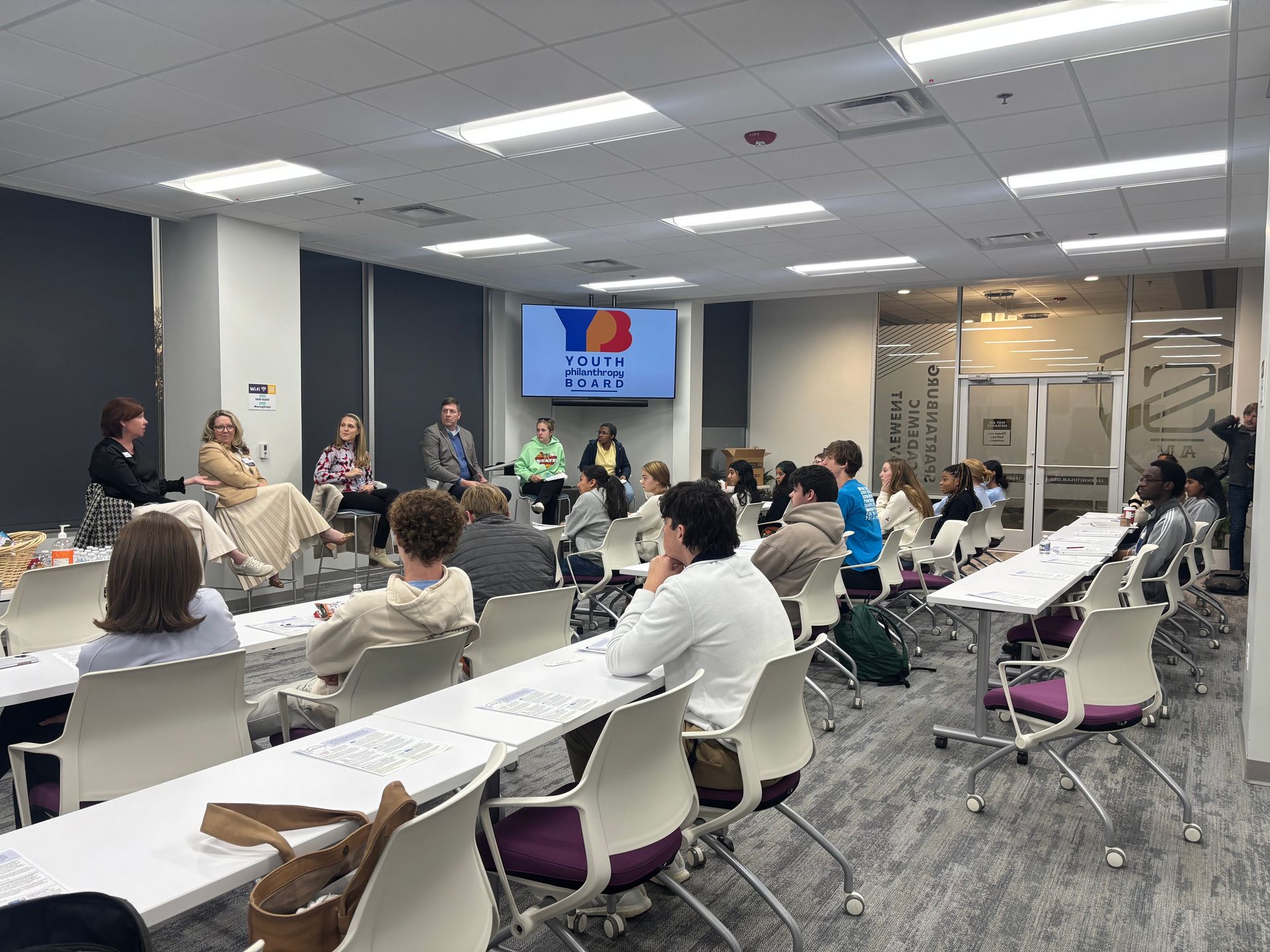
The 2025–2026 Youth Philanthropy Board (YPB), a partnership between United Way of the Piedmont and Spartanburg Academic Movement, is made up of an inspiring group of 30 juniors and seniors from seven Spartanburg County high schools. This year’s Board Members are using their voices, insights, and strengths to make a lasting difference for youth across the community. Already, this group of YPB members have participated in a series of learning experiences such as Board Basics, Advocacy 101, Data Walk, and a Spartanburg Joint Funders Panel. Each of these experiences are designed to deepen their understanding of how philanthropy, collaboration, and data-driven decisions fuel positive community impact. Spartanburg’s Joint Funders include the Chapman Cultural Center, Mary Black Foundation, Spartanburg Academic Movement, Spartanburg County Foundation, Spartanburg Regional Foundation, and United Way of the Piedmont. The panel discussion gave students firsthand insight into how Spartanburg’s funders intentionally collaborate to strengthen shared outcomes and how each organization serves as both a grantmaker and a community leader. Also this fall, the Board has put their strengths into action by participating in United Way’s Fall Food Drive. Together, they rallied their schools and youth groups to fill over 40 boxes of food for families in need, demonstrating the power of youth collaboration and compassion in action. In addition to community service, students are learning about their personal strengths–whether in academic planning, leadership roles, community service, or team collaboration–to lead with purpose. Now, Board Members are putting their learning into practice by investing in local organizations. The Board is currently accepting grant applications ($500–$1,000) to support programs that improve outcomes for youth. Priority will be given to programs that focus on: Mental & Physical Health Academic Advising Career Readiness Financial Literacy & Security Improving Relationships Substance Use Prevention Texting While Driving Special consideration will also be given to programs that include meaningful youth involvement in design or implementation. Learn more and apply for a grant → Through this work, Spartanburg’s Youth Philanthropy Board continues to model what it means to lead with empathy, collaborate for impact, and use their strengths to build a stronger community.

For many of us, there's a breakfast spot we remember from our childhood: a favorite diner, a familiar chain, or even a fast-food stop. Mine is Sugar & Spice in Spartanburg, but my family had a few places on our list of regulars. For us, eating out was a way to save time and stay connected amidst busy work schedules. We weren’t going for fancy meals–just affordable, comforting staples we could count on. So when I saw the news in recent months about some restaurants charging extra per egg due to the national egg shortage, it brought back those childhood memories. And I thought about how something as small as an egg could quickly become trouble for families with little financial cushion. It turns out, the bird flu has devastated the poultry industry, with over 145 million chickens culled since 2022 to stop its spread. The result? Egg prices have soared, hitting $4.94 per dozen this past spring with continued predictions of higher prices. For many, that’s just another inconvenience. But for the 42 % of households in South Carolina that can’t make ends meet , it’s yet another hit to a fragile budget. The rising price of everyday food items is just another hurdle for ALICE® (Asset Limited, Income Constrained, Employed) families with income above the Federal Poverty Level but less than the cost of essentials. ALICE works hard, often at more than one job, and still falls short. In fact, in South Carolina, a family of four with two adults working as a full-time personal care aide and stock worker/order filler, which are two common jobs, earns about $12,144 less than what’s needed just to cover basics like groceries. And it’s not just certain jobs. Across our state, more than one third of workers in the 20 most common jobs–cashiers, cooks, personal care aides, stock workers–live in households that can’t afford the basics and are forced to make sacrifices just to get breakfast and other meals on the table. That’s why we do what we do at United Way of the Piedmont. Our mission helps ALICE families gain financial security and keep them from slipping into poverty over something as simple as a rising grocery bill. Because for too many families, it’s not just an extra few cents per egg. It’s another crack in the fragile foundation they’re trying to stand on. When I think back to those Sugar & Spice outings with my family, I remember more than the food. I remember the warmth of the restaurant, the kindness of the wait staff who always seemed to know our orders, and the sense of normalcy it gave us in often uncertain times. That’s what stability feels like. That’s what we’re fighting for. Together, we can make it happen. Start by exploring the data at UnitedForALICE.org/SouthCarolina to learn more about ALICE families in our community. Then, join our efforts at United Way to help build a brighter, more stable future for ALICE and all families. Nicole Collins is a former AmeriCorps VISTA Member and serves on United Way of the Piedmont's Brand Experience Committee.
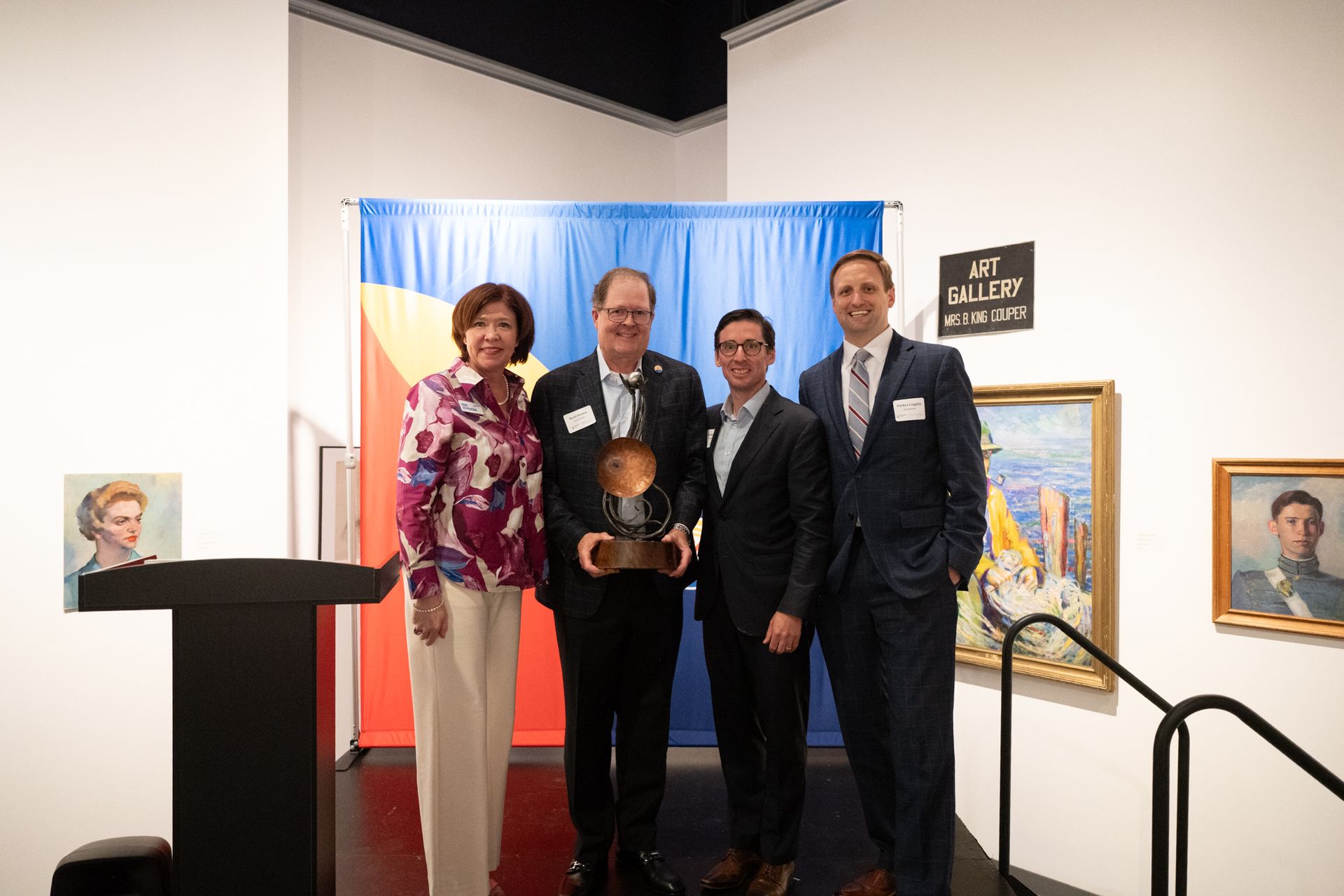
Each year, United Way of the Piedmont presents the Morgan Award to a donor who exemplifies the spirit of its inscription: “One Who Cares.” This year, United Way is proud to honor Board Member Reed Brown whose quiet strength and unwavering commitment have made a lasting impact on our local community. Reed is not one to seek the spotlight, but his actions speak louder than words. Whether through his professional work or personal generosity, Reed consistently demonstrates what it means to lead with heart. His dedication to Cherokee County is evident in many ways, from helping establish the Benjamin E. Mays Family Resource Center to opening the doors of Brown Packing for supply drives and encouraging his employees to engage with United Way. Together with his wife Suzanne, Reed leads by example as a United Way of the Piedmont Tocqueville Society donor. When Hurricane Helene struck, Reed was among the first to respond, ensuring immediate needs were met. His service extends across many organizations, including KNOW(2)’s Education Taskforce, Girl Scouts,, the Chamber of Commerce, and the Gaffney Rotary Club. Reed embodies the spirit of community stewardship. He believes in the power of his workplace to make a difference and continually finds meaningful ways to give back. Leaders like Reed ensure more families have the resources they need to thrive and help our community grow stronger every day. United Way presented Reed with the award at their annual Leadership Reception on October 2. After receiving the award, Reed shared, “As I look around at all of you...who care so much about what is good and honorable and just and right, me being described one who cares among this group is an honor beyond measure. All of you make it easy to care, because I want to be like you.” United Way extends its congratulations to Reed Brown. His leadership reminds our community of the profound impact one person can have when they truly care.
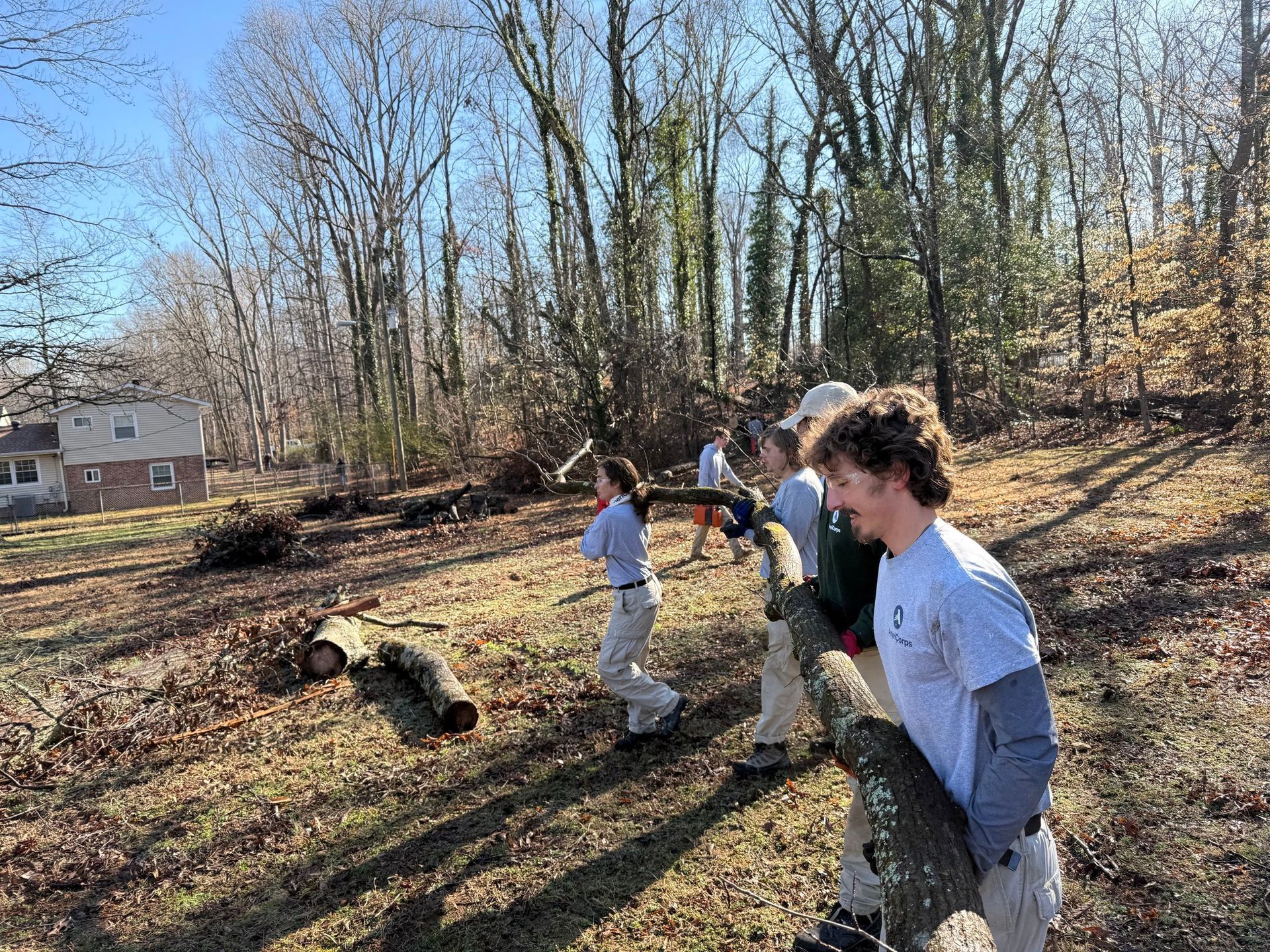
When Hurricane Helene struck our region on September 27, 2024, the devastation was swift and widespread. But so was the response. United Way of the Piedmont, in partnership with local organizations, sprang into action to meet urgent needs. We launched the United for All Disaster Relief Fund, organized a community-wide supply drive, and mobilized volunteers to assist with cleanup and rebuilding efforts. Thanks to the generosity of our supporters and the tireless work of our team, we provided direct support to 690 local households, totaling more than $421,000 to help families find housing and regain stability. Long-Term Recovery: Rebuilding Stronger Disaster recovery doesn’t end when the skies clear. It’s a long journey, and United Way is committed to walking it alongside our community. That’s why we’re a core partner in the Spartanburg Long-Term Recovery Group, a coalition focused on sustained recovery and future resilience. United Way will support the group’s new Mitigation & Recovery Specialist, who will lead coordination efforts to rebuild homes and strengthen our community’s preparedness for future disasters. So far, 159 home repair applications have been approved, and we’re working diligently to move these projects forward. A Neighbor’s Story of Hope We have neighbors who are still on the path to rebuilding after the storm. One powerful example is an 82-year-old widow who was forced to evacuate her flooded home. For months, she lived in uncertainty, displaced and unsure of what the future held. Through the support of the Long-Term Recovery Group and United Way, she is now on track to have her home repaired and her life restored. Her story is just one of many that reflect the heart of this partnership: helping our neighbors recover, rebuild, and thrive. Together, we’re ensuring that no one is left behind. Support ongoing disaster recovery efforts in our community → Impacted by Hurricane Helene and need resources? Learn more →

We’re excited to share United Way of the Piedmont’s 2024–2025 Impact Update: a powerful look at how neighbors in Cherokee, Spartanburg, and Union Counties are driving change together. This Impact Update is far more than numbers on a page. It’s living proof of neighbors helping neighbors, our region rising stronger, and a shared belief that United is the Way to lasting change. Over the past year, we launched a bold new brand identity with fresh visuals and a messaging framework that reflect our renewed commitment to building a community where everyone can thrive. In this Impact Update, we lean into that new identity, and you’ll see how local support is fueling meaningful breakthroughs across our four impact areas: Healthy Community : Enhancing health and well-being for all Youth Opportunity : Supporting young people to reach their potential Community Resilienc y : Tackling immediate needs and crises Financial Security : Building a stronger financial future You’ll also find new data about Asset Limited Income Constrained Employed (ALICE) households and see how our Community Investment Process funds critical programs throughout our community. We invite you to dive into the full update, celebrate what you’ve made possible, and join us as we shape the future of our community together. Explore the impact:







